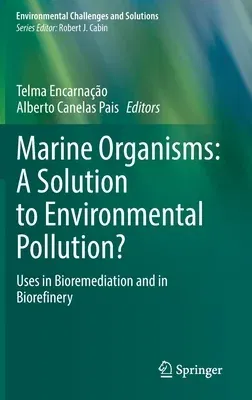Marine environments represent an underexplored source for numerous
biotechnological applications. Of particular interest are organisms that
can provide various valuable molecules and are potential candidates for
bioremediation strategies. Fungi, algae, bacteria, yeasts, and sponges
are some unique resources in marine ecosystems. But these must be
preserved and protected from irreversible damage. Sustainable
exploitation through farming systems is the alternative to prevent
pressure on harvesting wild marine organisms.
Written by an international team of experts, this book provides a broad
overview of the possible approaches and technologies that can be applied
in bioremediation processes and the possibilities to add value to the
biomass produced. It provides a comprehensive state-of-the-art of
current research and practice in bioremediation technology and bio-based
materials. New processing technologies, and recent technical advances in
molecular biology such as gene mining, omics techniques, and metabolic
engineering are highlighted. The exciting possibilities that artificial
intelligence can bring to the future of the biotechnology industry are
also approached.
The multidisciplinary nature of this book makes it of interest to a wide
range of readers, including researchers, students, consulting
professionals, engineers, governmental entities, and institutions
working in environmental biotechnology, pollution control and
prevention, and chemical processes.

